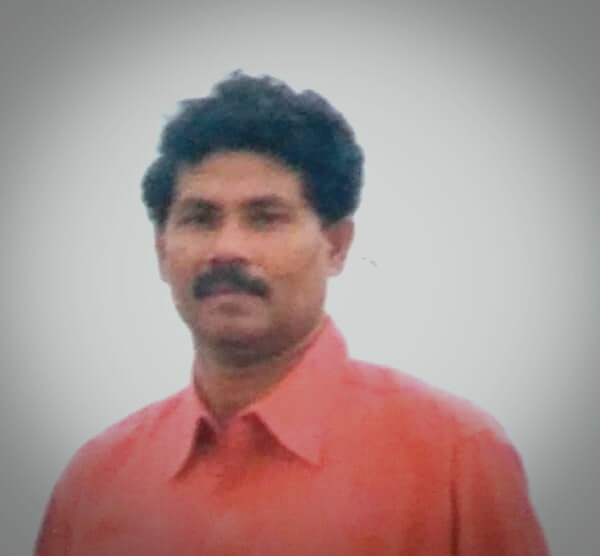Sovon Dutt : Founder-Rural Aid

Mr. Sovon Dutt, Founder of Rural Aid grew up in Belpukur village in Kulpi Block of south 24 Parganas district. From his childhood he had the influence of his maternal grandfather who being a doctor in the village had an altruistic way of helping people in the area. Another influence and in his life was the head master of his school who motivated him into social work. Mr. Dutt completed his B.Sc in Botany from Kolkata. Thereafter he returned to Belpukur and he along with seven like minded youths of the village with inspiration from the local High School head teacher came forward to work on the deprivations of the locality. Belpukur by virtue of being remotely located lacked services and Government amenities pertaining to health, education and livelihood. The group came together to work on ways to uplift the conditions of the villagers especially in the field of sanitation, livelihood, community development and child care programmes. However the work was done in an unstructured manner without any funding. They did not have any formal background of social work but had a high spirit to do something for the development of the area.
Mr. Dutt grew with the organization which started working informally from 1987. In due course of their work they undertook sanitation programmes in the area of South 24 Parganas with special emphasis to Kulpi and Sagar Island. He gained insight on installing tube wells for drinking, pond excavation and sanitation programmes for building toilets in the area. While undertaking the sanitation programmes he made an inroad in school sanitation and expanded the work from community at large to children with the help of crèche programmes. While working in South Bengal, he got the opportunity to see the situation of people in North Bengal’s Dooars area. Mr. Dutta built an understanding on sustainable livelihood programmes by introducing mixed cropping, making vermin-compost, medicinal plants and vocational trainings for women and developing Self Help Groups. It also paved the way to look at the issues of trafficking and unsafe migration which were offshoots of the larger underlying problems in the area. It resulted in a shift in looking at developmental issues from a service delivery mode to rights perspective.
 Rural Aid
Rural Aid